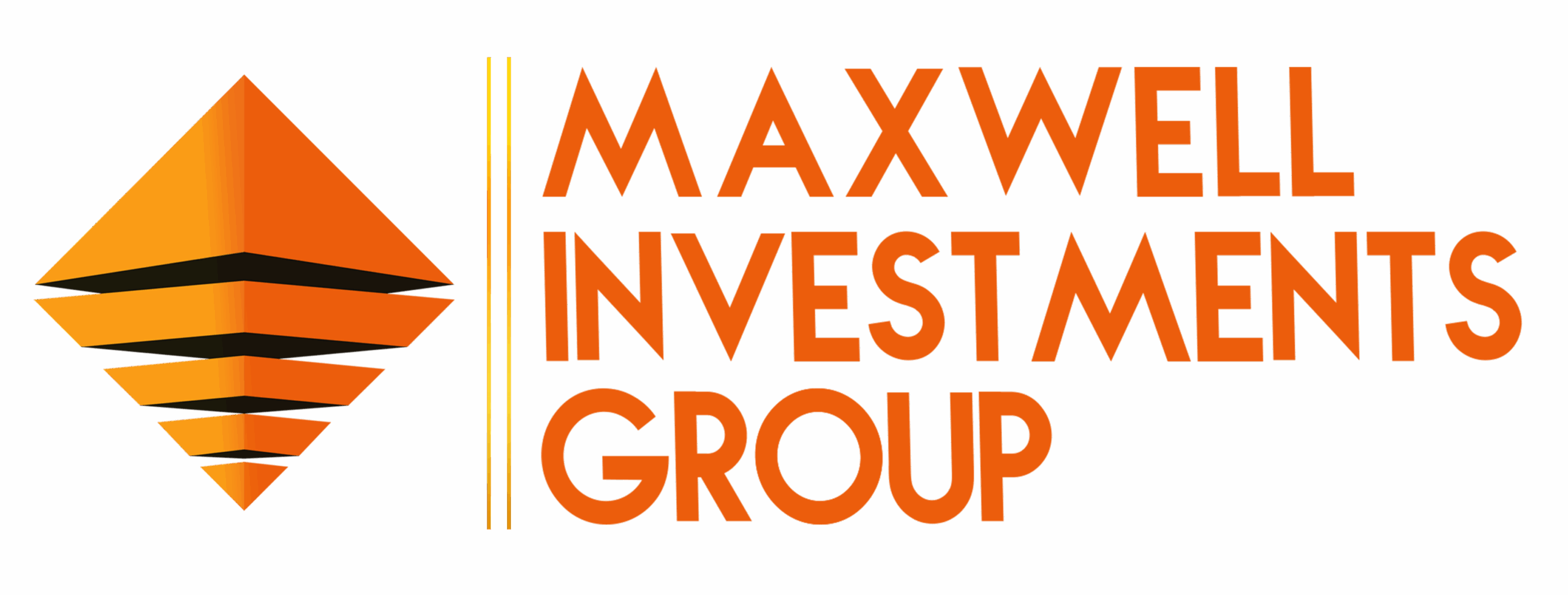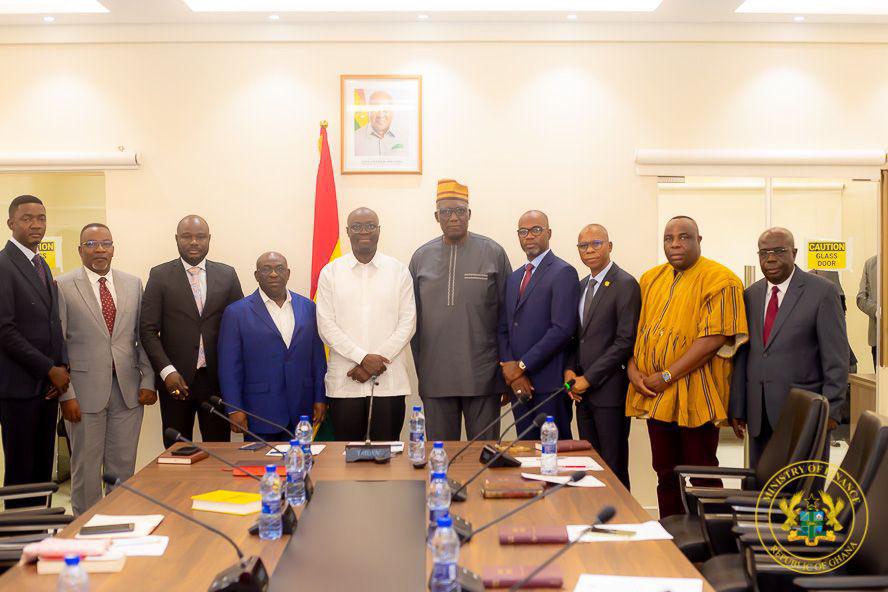
In Accra, Kumasi, Tamale and even the smallest communities across Ghana, you’ll find markets that never sleep and side hustles that never end. From the trotro mate collecting coins with digital precision, to the young woman selling airtime while taking mobile money payments, entrepreneurship is everywhere, even if it doesn’t always look like it.
But the issue is that too many Ghanaians still view entrepreneurship as something reserved for tech bros or people with capital and corner offices. That mindset needs to change.
Because today’s Ghana needs more entrepreneurs and more people who think like businesses, whether they are formally registered or not, as Alhaji Tanja will attest to this.
There’s a certain fire that lives inside you, and it lives inside everyone who ends up being an entrepreneur. Sometimes it shows up as a big, bold vision. Other times, it’s just a quiet, restless itch to do things better, faster, smarter. But that fire doesn’t belong only to CEOs or business owners. It can live in the trader in Makola, the nurse running a side hustle, the student selling on campus after class, or the driver saving up for their own ride.
Entrepreneurship is more than owning a business. I work with so many agro-aggregators and farmers and I can confidently tell you that it’s more about how you think, how you solve problems, how you take initiative, and how you create value even when resources are tight. And in today’s Ghana, whether you’re employed or unemployed, in the informal or formal sector, thinking like a business isn’t optional anymore. It’s a survival strategy and the bridge between struggle and stability.
Ghana is a country within a continent whose ancestors’ ancestors have been hustlers, not just job seekers.
THE REAL MEANING OF AN ENTREPRENEURIAL MINDSET
Let’s strip away the buzzwords. An entrepreneurial mindset means three things:
- You identify problems as opportunities.
- You take calculated risks and learn from failures.
- You manage resources wisely to create and deliver value.
This is why a woman selling waakye at dawn can outperform a shop manager with a university degree. It’s more than the job title. It’s very much about the mindset too.
The Ghanaian economy is largely informal, making up about 80% of the workforce according to the Ghana Statistical Service. That means most people are not in structured employment. Salaries are not guaranteed. Opportunities are not handed out. So we must create our own.
WHY NOW MORE THAN EVER?
It’s because the cost of living is rising. Global economic pressures. Currency fluctuations are still possible. Youth unemployment. I am not just taking this from headlines. They’re a daily reality for millions of Ghanaians.
But here’s the paradox: these same challenges make this the best time to think like an entrepreneur. Hard times force creativity. Scarcity sharpens skill. And technology levels the playing field.
You don’t need a big office to start a venture. You need a phone, a plan, and the right frame of mind. You can use WhatsApp to run a delivery business, Instagram to sell fashion, and Mobile Money makes things much easier compared to decades ago. It’s happening already. The question is, are you in the game or watching from the sidelines?
HOW TO START THINKING LIKE A BUSINESS (EVEN IF YOU’RE NOT ONE YET)
- Understand Your Value.
- What skills do you have that others need?
- What problems do you see around you that you can help solve?
- What do people already come to you for?
Knowing your value is the first step to packaging it into a product, service, or solution.
- Keep Records (Even the Small Ones).
- Whether you sell fried yam or design websites, start tracking your costs and income.
- Record who owes you and who you owe.
- Know your break-even point, the point at which your income consistently matches or exceeds your expenses, even if it’s just a few cedis at first. That is your break-even point. When you get to this point, it will cause a mindset shift. It’s where the idea of your business starts to feel real. You begin to see patterns, spot waste, and make smarter decisions.
This discipline separates a hustle from a business. It’s also what banks, investors, and even partners look for.
- Think in Prototypes, Not Perfection.
- Don’t wait to launch the perfect version. Start small. Test. Improve.
- Your first batch may not be perfect. But it teaches you what works.
- Build a Network, Not Just a Contact List.
- Entrepreneurship is not a solo journey.
- Join WhatsApp groups, attend trade fairs, and talk to people doing what you want to do.
You need suppliers, mentors, marketers and other people who can help your business, even if informally. One relationship can change your entire trajectory.
- Learn to Pitch Yourself.
- You are the first product. Whether it’s to a customer, a bank, or an investor, can you explain what you do in 30 seconds? I used to teach students to give elevator pitches on our Africa School of Entrepreneurship webinars. I should start doing that again.
- Practise your story. Make it simple, compelling, and confident. Nobody likes what they don’t understand, so clarity wins every time.
WHAT ESTABLISHED BUSINESSES CAN DO BETTER
Even if you already run a business, adopting an entrepreneurial mindset can help you grow.
- Stop doing things just because “that’s how we’ve always done it.”Try new distribution models, adopt digital tools, and rethink pricing strategies.
- Look for new revenue streams.Can you offer a subscription? Can you package services for corporate clients?
- Invest in your people.Train your team to think like owners, not just employees. When they grow, the business grows.
WHERE TO FIND SUPPORT IN GHANA
- NBSSI (now GEA)offers training and grants for SMEs.
- NEIPsupports start-ups with funding and mentorship.
- MIG Impact Platform(from the Maxwell Investments Group) provides a physical and digital ecosystem for Agri-entrepreneurs and the value chain stakeholders.
- Savings and Credit Cooperatives (SACCOs)are more open to financing small ventures when there’s a clear plan and records.
- Africa School of Entrepreneurship (ASOE) offers entrepreneurship training, digital webinars, and mindset-shifting programs tailored for young Ghanaians and grassroots innovators, in partnership with accredited institutions.
Don’t ignore these. Look them up. Apply. Follow up. Your breakthrough might just be in that one opportunity.
EVERYONE IS A BUSINESS
Your skill is your product. Your phone is your shop. Your time is your capital. If you don’t treat yourself like a business, who will?
It’s a new culture you have to adopt. One where every Ghanaian feels empowered to create, not just consume. One where we teach entrepreneurship not only in lecture halls but in life.
Because the truth is, this country needs millions of thriving small businesses. And behind every one of them is a mindset. A habit. A way of seeing the world, from the eyes of a Ghanaian just like you.
That’s the entrepreneur in you. Let it lead you.
I hope you found this article both insightful and enjoyable. Your feedback is greatly valued and appreciated. I welcome any suggestions for topics you would like me to cover or provide insights on. You can schedule a meeting with me through my Calendly at www.calendly.com/maxwellampong. Alternatively, connect with me through various channels on my Linktree page at www.linktr.ee/themax. Subscribe to the ‘Entrepreneur In You’newsletter here: https://lnkd.in/d-hgCVPy.
I wish you a highly productive and successful week ahead!
? —- ? —- ? —- ? —- ?

The author, Dr. Maxwell Ampong, serves as the CEO of Maxwell Investments Group. He is also an Honorary Curator at the Ghana National Museum and the Official Business Advisor with Ghana’s largest agricultural trade union under Ghana’s Trade Union Congress (TUC). Founder of WellMax Inclusive Insurance and WellMax Micro-Credit, Dr. Ampong writes on relevant economic topics and provides general perspective pieces. ‘Entrepreneur In You’ operates under the auspices of the Africa School of Entrepreneurship, an initiative of Maxwell Investments Group.
Disclaimer: The views, thoughts, and opinions expressed in this article are solely those of the author, Dr. Maxwell Ampong, and do not necessarily reflect the official policy, position, or beliefs of Maxwell Investments Group or any of its affiliates. Any references to policy or regulation reflect the author’s interpretation and are not intended to represent the formal stance of Maxwell Investments Group. This content is provided for informational purposes only and does not constitute legal, financial, or investment advice. Readers should seek independent advice before making any decisions based on this material. Maxwell Investments Group assumes no responsibility or liability for any errors or omissions in the content or for any actions taken based on the information provided.
The post Finding the Entrepreneur in You???? appeared first on The Business & Financial Times.
Read Full Story


















Facebook
Twitter
Pinterest
Instagram
Google+
YouTube
LinkedIn
RSS